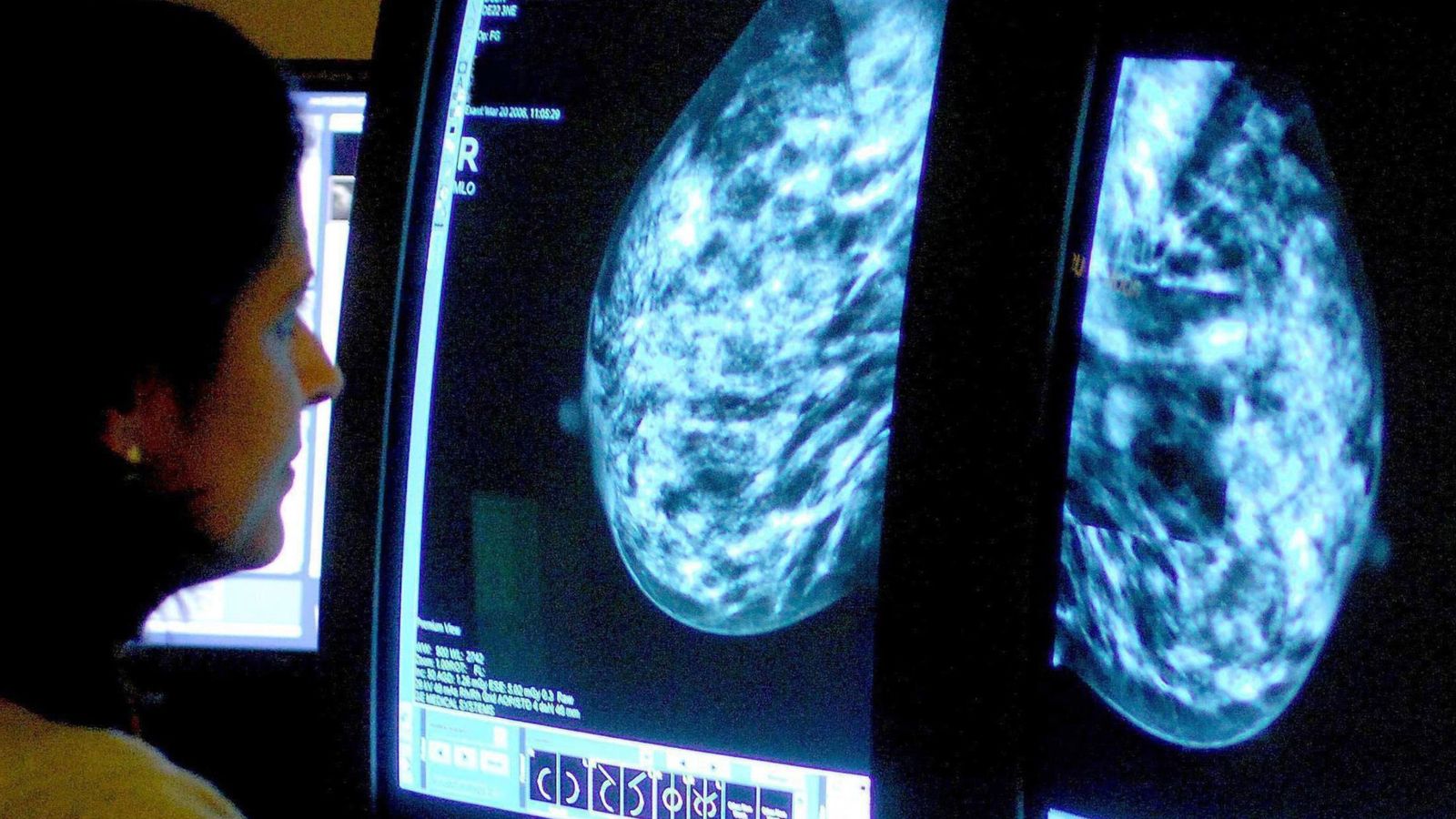Preventative cancer therapies can cause the disease to 'hibernate' and return later, research suggests
Preventative therapy, often carried out for years after initial treatment, triggers changes in cancer cells, which allow them to avoid being killed off, but focusing on a particular enzyme may be the solution, the study suggests.

Preventative treatment designed to stop the recurrence of breast cancer can actually cause the cancer cells to mutate and 'hibernate', only to grow again years later, according to new findings.
Researchers who set out to explain why breast cancer can return years after initial treatment have found that hormone therapies, used to prevent breast cancer from recurring, can trigger changes in some cells.
These changes cause the cells to lie dormant instead of dying off, and the cells then "wake up" years later, causing a relapse that is harder to treat.
But the study found there may be a way to target these "sleeping" breast cancer cells before they "wake up", offering new hope for patients with oestrogen receptor positive (ER+) breast cancer - which makes up 80% of all breast cancers.
Luca Magnani, professor of epigenetic plasticity at The Institute of Cancer Research, London, said: "After surgery to remove primary oestrogen receptor positive breast cancer, patients are given five to 10 years of hormone therapy which aims to kill any remaining cancer cells.
"We know that this doesn't work for all patients though, as their breast cancer can return years, or even decades later.
"We wanted to better understand why breast cancer does return so we can hopefully find ways to stop it - so people don't have to live in fear or face the devastating news of a relapse.
"Our research identified a key mechanism used by cancer cells to evade therapy by remaining in a dormant state, hibernating before they 'wake up' years later and begin to rapidly divide again."
The study, published in the journal Cancer Discovery, found that inhibiting an enzyme known as G9a prevented cancer cells from becoming dormant and killed the cells that were already hibernating.
Dr Tayyaba Jiwani, science engagement manager at Cancer Research UK - which funded the research, said: "Breast cancer survival has doubled in the UK over the last 50 years thanks to better detection and screening, but there are still more than 11,000 deaths from this type of cancer every year.
"Although at an early stage, the findings reveal potential new targets for the development of innovative treatments that prevent breast cancer from coming back."
Breast cancer is the second most common cause of cancer death among UK women, behind lung cancer, with around 11,400 deaths every year (2017-2019), Cancer Research UK said.
In 2022-23, almost 19,000 women across England were diagnosed with the disease thanks to the NHS screening programme.
-sky news







